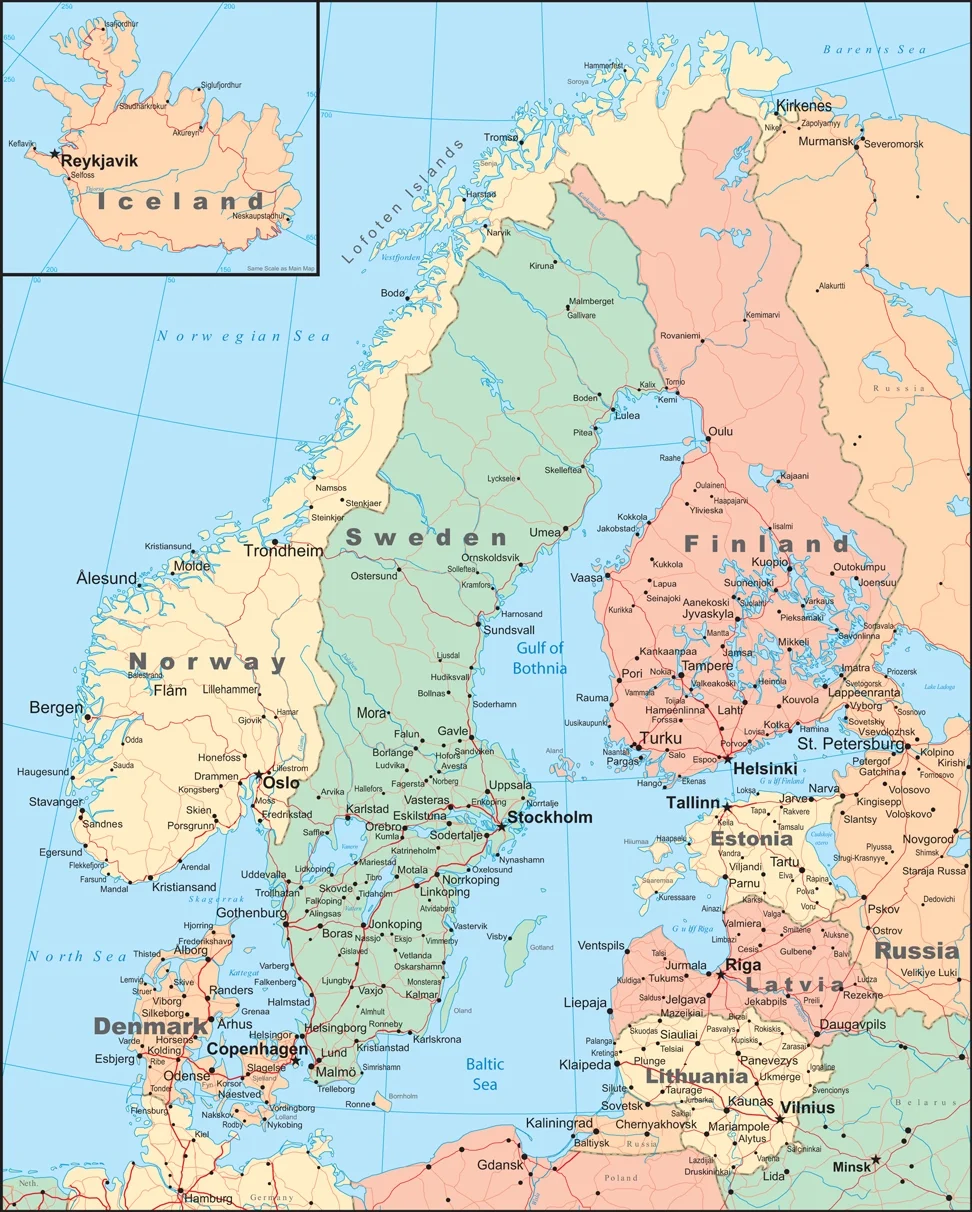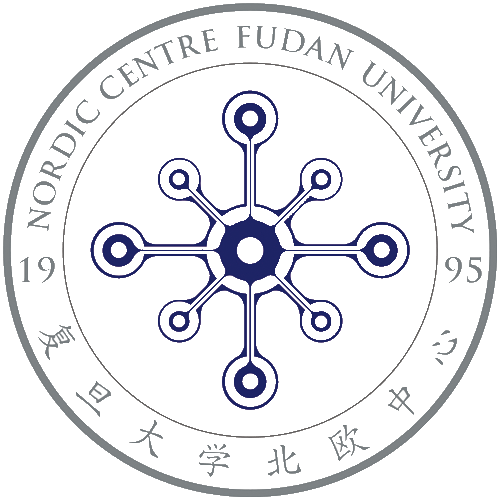Nordic Studies
Each fall semester, students at Fudan University can select Nordic Studies as one of their elective classes. Nordic Studies is taught by researchers from our member universities who specialize in various fields that give an insight into Nordic culture and societies, including such topics as the Nordic welfare state, Nordic cinema and literature, the history of the five countries and how they have related to each other historically, and more. Ultimately, the content of the course depends on the three organizing universities.
Due to the Covid-19 pandemic, the course was organized in an online format in 2020-2021, in hybrid format in 2022, and was back to offline mode in 2023.
You can find the course program for 2023 here
Read a Handbook on participating in the Nordic Studies as a Nordic institution/researcher here
The course aims to familiarize students with the political, economic, legal, and social systems of the Nordic countries. Lecturers for the course come from different disciplines and provide students with varying perspectives to analyze Nordic societies and cultures.
This course is organized by one of the Nordic Centre’s member universities with contributions from two other member universities every year. It is taught on undergraduate level as a part of Fudan University’s liberal arts education and has run in its current format for one semester each autumn since 2011.
Students:
The course is announced in the spring before the semester ends and information will be made available through the normal course announcement channels at Fudan. It is only Fudan students who can participate. Expected number of participants: 30-40 (preferably third or fourth year undergraduate students). The course is taught in English, and therefore students are required to have a good command of both oral and written English.
Credits:
The course awards two credits to registered students. From September to early December, there are 12 weeks of teaching (36 hours), two sessions each week.
Exam and Grading:
The final grade depends 30 % on taking part in class, and 70 % on the final paper.
The word count should be at least 1,500 and at most 2,000, not including references or footnotes.
A paper-writing seminar will be held in December.

